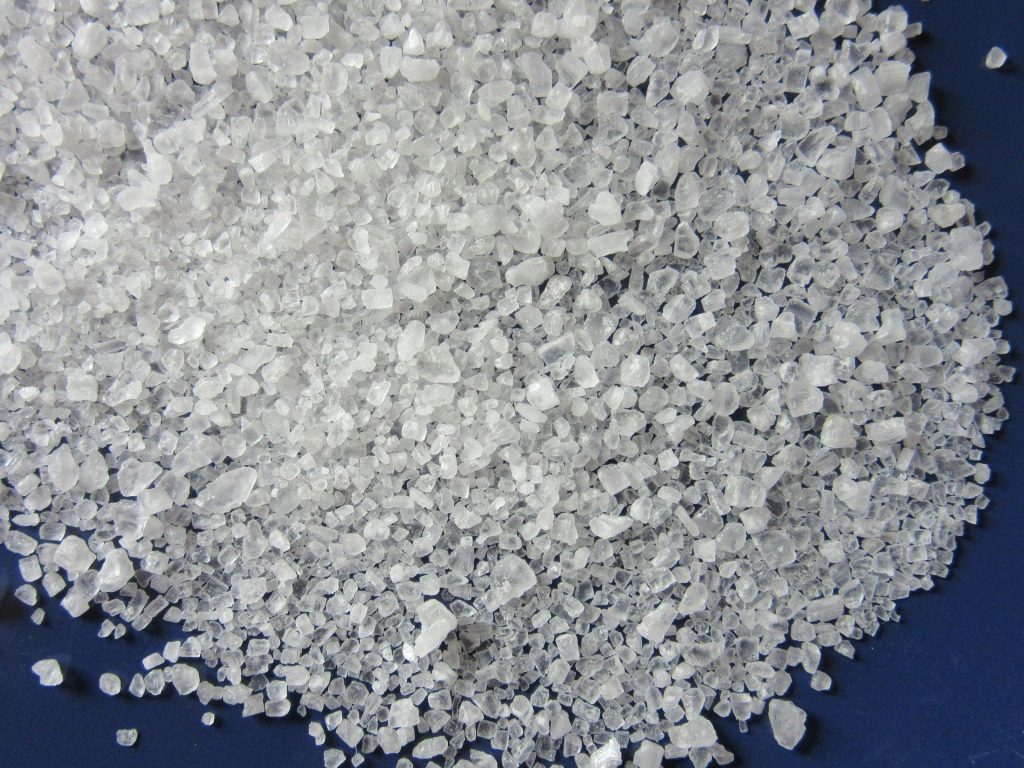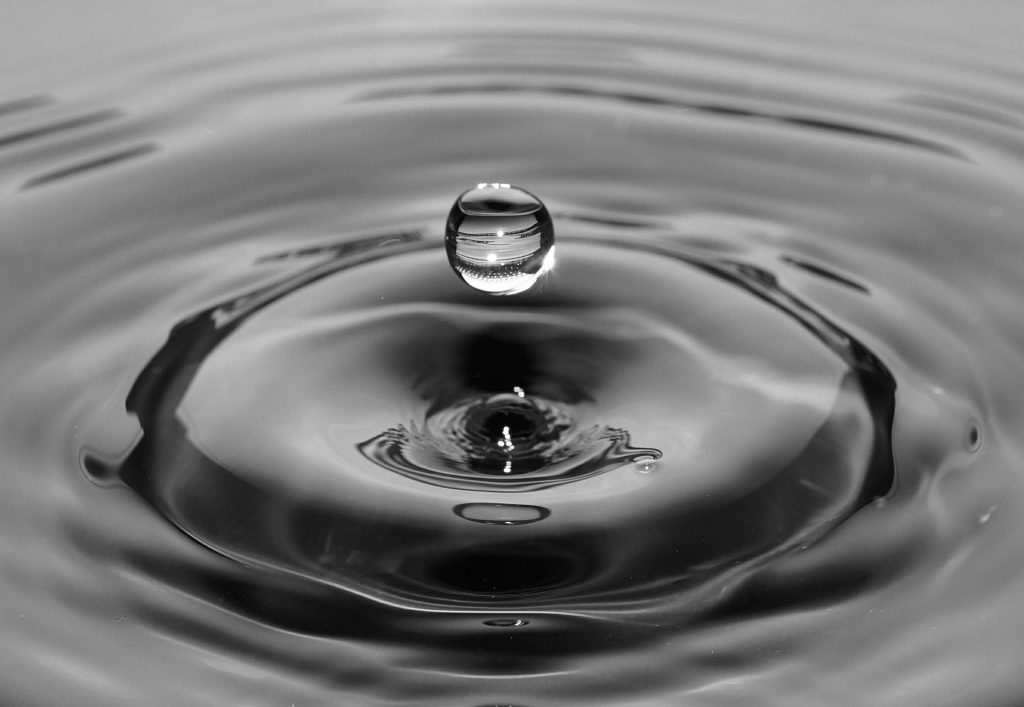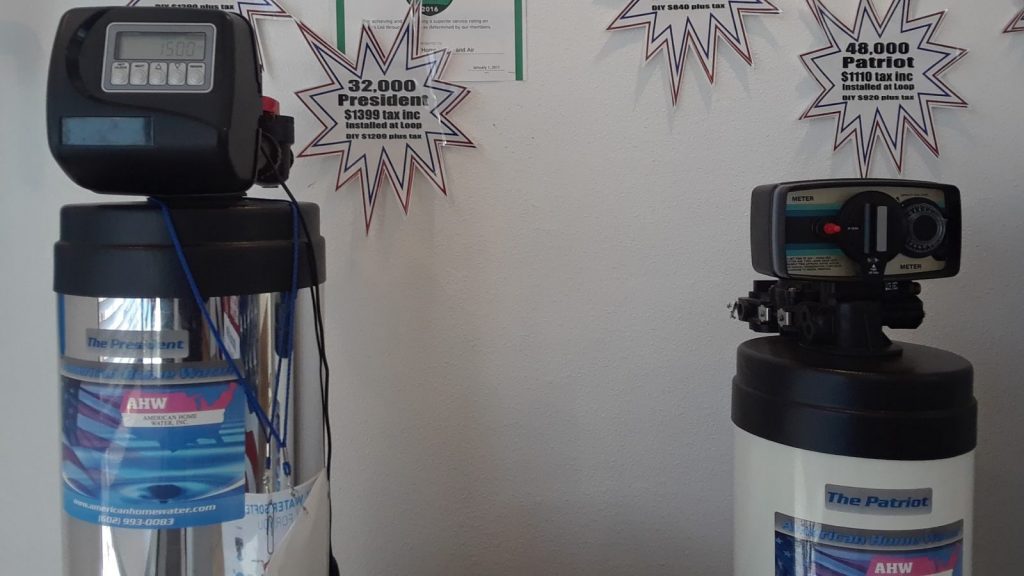How often should a water softener regenerate? What even is this process? In this post, we’ll take a detailed look at the regeneration process and tell you everything you need to know about it.
What Is Regeneration?

Regeneration is a key part of a water softener’s function. In fact, one of the key ways to tell something’s gone wrong with your water softener is to look for an unusual regeneration schedule.
The regeneration process flushes minerals from your water softener’s resin beads. Without this process, those beads would become too heavily inundated with minerals to function properly.
The regeneration process relies on the salt you add to the softener (read more about how to do that here) to restore the resin beads with the sodium they need to do their job properly.
Still not sure what’s going on? Alright, it goes like this.
Water from your local municipality (Phoenix in our case) passes through the softener’s resin beads. The sodium in those beads conducts an ion swap, pulling the minerals from your water and replacing them with sodium.
Eventually, the beads become clogged with minerals and cannot do this exchange efficiently. That’s when regeneration kicks in, clearing the minerals and freeing the beads up again to be filled with sodium.
How Often Should A Water Softener Regenerate?
Some water softeners regenerate on a timed schedule. During the early morning hours, roughly once per week, the system will automatically initiate this process. Most modern softeners that have this functionality will also allow you to adjust the interval via a control module. Refer to your water softener’s manual for more information on how to do this.
Other systems regenerate based on user demand. The more water your household uses, the more often the system will regenerate to avoid interruptions. Ultra-efficient softeners can regenerate daily. Your owner’s manual should provide some insight into its schedule if it regenerates based on demand.
Most demand-based water softeners in Phoenix and Buckeye will regenerate every two to three days. It’s rare that you’ll go a week without a cycle but it does happen.
Wondering How Often To Regenerate Your Water Softener?
When we get calls from customers asking “how often should my water softener regenerate?” it’s usually because they’ve noticed some anomalies in how their system is functioning.
With most systems, you can trigger a regeneration cycle manually. Knowing how often to regenerate your water softener manually isn’t an exact science. With a properly-functioning system, you shouldn’t need to on any regular basis.
If you go on vacation, however, you may want to switch the automatic process off and simply trigger a regeneration manually when you return before allowing the automatic schedule to resume.
How Long Does It Take For A Water Softener To Regenerate?
Water softeners can take as long as 90 minutes to regenerate. A lot happens during this process. As mentioned earlier, the softener’s resin beads get a flush and are reinvigorated with salt from the brine tank.
Depending on how hard your area’s water is (find facts for the City of Phoenix here) this process can use somewhere within the ballpark of 25 gallons of water.
Some customers express concern about this process potentially being wasteful. Overall, though, the benefits of using a water softener far outweigh any potential downsides. Yes, the systems use a lot of water during regeneration — but they also save you water on things like laundry and washing dishes.
Help! My Water Softener Doesn’t Regenerate!
Fairly quickly after installing a water softener, you should develop an understanding of its regeneration schedule. If you find it’s regenerating more or less often than you’re accustomed to, don’t panic; the explanation might be simple.
For one, if your softener regenerates based on demand, your water usage may have changed. If it regenerates on a time-based schedule, you may have accidentally adjusted the settings at some point. In the latter case, refer to the manual for information on how to reset the schedule.
Another common cause is an empty brine tank. You may have forgotten to refill the tank with salt pellets at some point. The salt inside may have also formed a bridge, which disguises how empty the tank really is.
In either of these cases, you’ll want to refill the brine tank so it can resume the proper regeneration schedule. Remember, this schedule relies on the salt in your brine tank. If that salt is missing, the process gets disrupted.
Water Softener Stuck In Regeneration
Rarely, the reverse of the above problem may occur; you may find that the softener doesn’t want to stop regenerating. If your water softener is stuck in regeneration, it may be caused by a clogged connection.
Common culprits include the:
- drain line
- venturi valve (which looks like this)
- brine valve
Other potential causes include low water pressure in your home or blockages elsewhere in the system. You’ll likely want to call an expert in to have them look at the system and properly diagnose the issue. If you have any concerns with your water softener in Gilbert, feel free to contact us.
How Often Should My Water Softener Regenerate? Conclusion
The key to answering this question is to understand the method by which your softener regenerates. Some do this based on time while others regenerate based on demand. Refer to your softener’s manual (or call the manufacturer/installer) to determine what method it uses.
Efficient softeners may regenerate daily while others do so two to three times a week. Others still (particularly older units) can regenerate as little as once weekly.
This process is key to ensuring that your softener functions properly and provides your home with adequate water. If you suspect your softener is operating irregularly and you’re not sure why, contact a professional.
If you’re in the Phoenix, Arizona area, we hope you’ll contact us at American Home Water and Air. We’ve provided residential HVAC and water services to more than 50,000 customers throughout our history in the area. We aim to not only provide our customers with great service but also educate them concerning why we make the recommendations that we do. If you’re interested to work with us and be part of this incredible team, learn more about the career opportunities we have today!
Come see why we’re the top-rated HVAC and water service company in the city!
Found this useful? Check out Why Are Trane HVAC Units So Popular?
[related_posts_by_tax posts_per_page="3" format="thumbnails" image_size="medium"]








